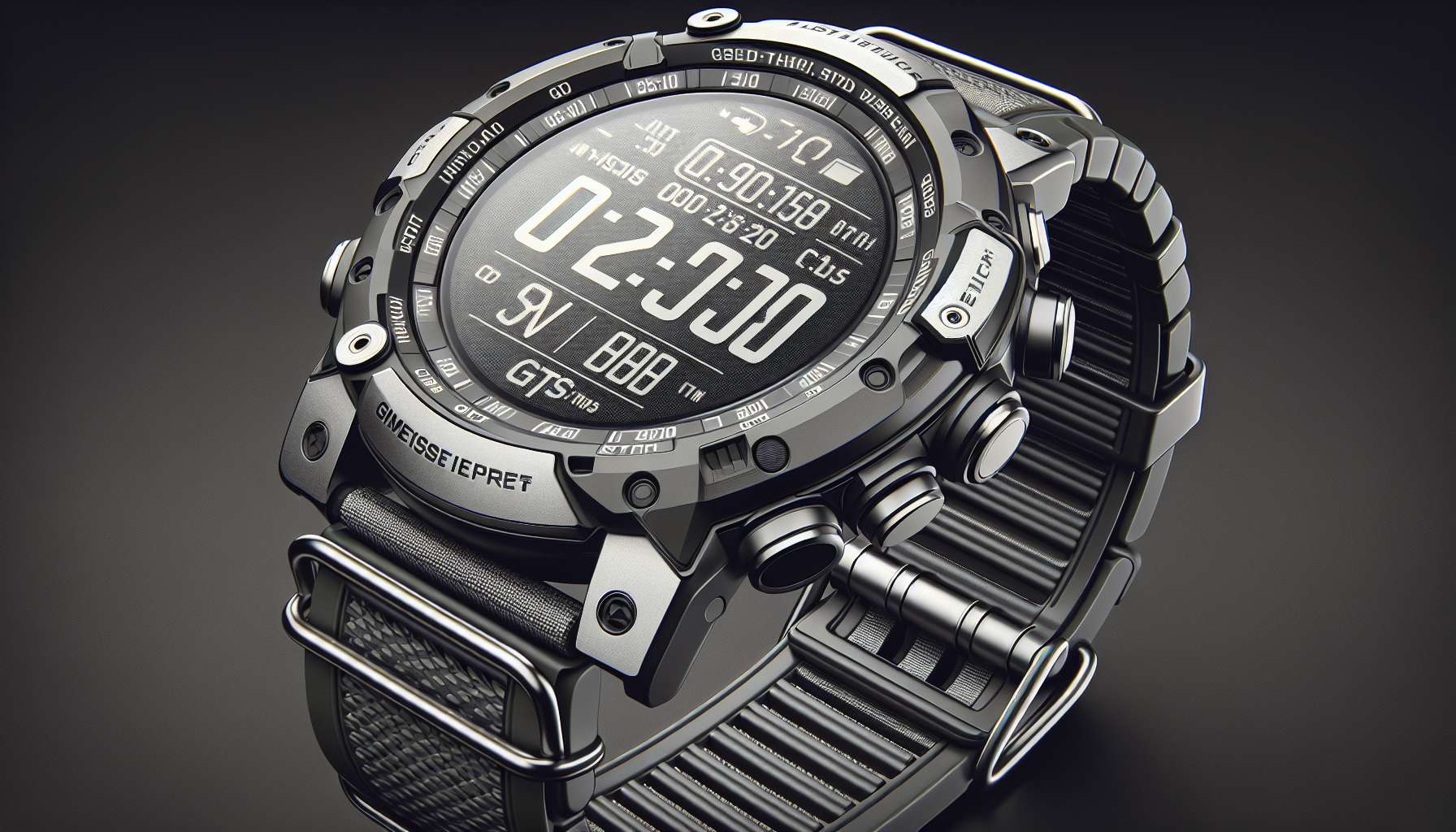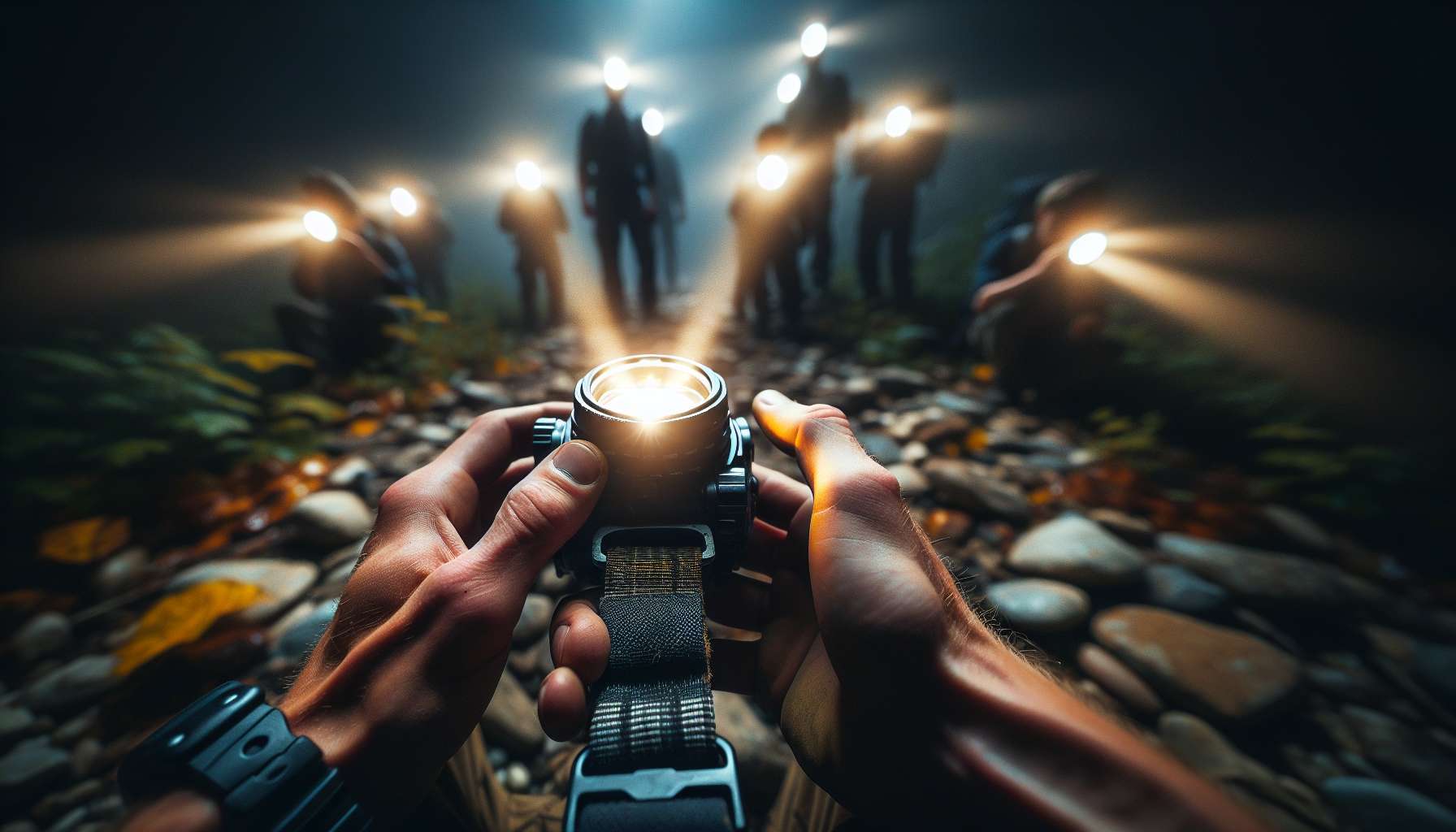Unveiling the Power of Emergency Whistles: A Comprehensive Guide
Imagine being trapped in a remote area with no means of communication, your voice drowned out by the wilderness surrounding you. How do you signal for help? This is where the humble emergency whistle comes into play. In times of distress or danger, a simple blow on a whistle can be a lifesaver, alerting others to your presence and ensuring that help arrives in time. In this comprehensive guide, we delve into the world of emergency whistles, exploring their history, functionality, importance, and future implications.
The History of Emergency Whistles
Emergency whistles have been around for centuries, with their origins dating back to ancient China and Greece. These whistles were initially used by military personnel for signaling commands during battles. Over time, emergency whistles evolved to serve a broader purpose, becoming essential tools for outdoor enthusiasts, hikers, campers, and rescue workers.
One of the most famous uses of emergency whistles was during the sinking of the Titanic in 1912. The crew used whistles to alert nearby ships of their distress, ultimately saving hundreds of lives. Since then, emergency whistles have become standard equipment for maritime safety, as well as for outdoor activities where communication is limited.
The Functionality of Emergency Whistles
Emergency whistles are designed to produce a loud, piercing sound that can be heard over long distances. Most modern emergency whistles are made of durable materials such as aluminum or plastic, ensuring that they can withstand harsh weather conditions and rough handling. The sound produced by these whistles can reach up to 120 decibels, equivalent to the noise level of a rock concert.
One of the key advantages of emergency whistles is their simplicity and reliability. Unlike electronic devices that require batteries or charging, emergency whistles are mechanical devices that work in any situation. They are lightweight, compact, and easy to carry, making them ideal for emergency situations where time is of the essence.
The Importance of Emergency Whistles
Emergency whistles play a crucial role in search and rescue operations, enabling individuals to signal for help in remote or inaccessible areas. In outdoor settings, such as hiking trails or mountainous terrain, emergency whistles can help lost or injured hikers attract the attention of rescue teams. In marine environments, emergency whistles are essential for boaters and sailors to communicate distress signals to other vessels.
Furthermore, emergency whistles are invaluable tools for personal safety and self-defense. In case of an attack or threat, blowing a whistle can draw attention to the situation and deter potential assailants. This simple act of signaling for help can make a significant difference in ensuring one’s safety and well-being.
Current Applications of Emergency Whistles
Today, emergency whistles are used across a wide range of industries and activities. In the outdoor recreation sector, hikers, campers, and climbers rely on emergency whistles as part of their essential gear. These whistles are also used by law enforcement personnel, security guards, and emergency responders as part of their standard equipment.
Emergency whistles are not only limited to land-based activities but are also vital for water-based sports and activities. Boaters, kayakers, and sailors carry emergency whistles to signal distress and communicate with other vessels in case of emergencies.
Future Implications of Emergency Whistles
As technology continues to advance, the future of emergency whistles may see innovations in design and functionality. There is a growing trend towards incorporating additional features such as built-in compasses, thermometers, or signaling mirrors into emergency whistles, making them multifunctional tools for outdoor enthusiasts.
Furthermore, the use of electronic whistles with rechargeable batteries and LED lights is gaining popularity, offering increased visibility and signaling capabilities in low-light conditions. These advancements in whistle technology aim to enhance the safety and effectiveness of emergency signaling devices in various environments.
Expert Opinions on Emergency Whistles
According to renowned survival expert Bear Grylls, “An emergency whistle is a must-have item in any survival kit. It is a simple yet effective tool for signaling distress and attracting attention when you need help the most. Every outdoor enthusiast should carry an emergency whistle as part of their essential gear.”
Similarly, wilderness safety instructor Laura Zerra emphasizes the importance of teaching children how to use emergency whistles in case of emergencies. She states, “Children should be educated on the significance of emergency whistles and how to blow them properly to alert others in times of danger. It is a valuable skill that can save lives.”
Common Misconceptions about Emergency Whistles
One common misconception about emergency whistles is that they are only useful in outdoor settings. While emergency whistles are commonly associated with hiking, camping, and boating activities, they are equally valuable in urban environments for personal safety and self-defense. Carrying an emergency whistle in crowded or unsafe areas can provide a sense of security and assurance in case of emergencies.
Another misconception is that emergency whistles are loud enough to cause hearing damage. While emergency whistles produce a high-pitched sound, they are designed to be loud enough to attract attention without causing harm to the user’s ears. It is essential to use emergency whistles responsibly and sparingly to avoid any potential hearing issues.
Conclusion
In conclusion, emergency whistles are indispensable tools for signaling distress, attracting attention, and ensuring personal safety in various situations. Whether in the great outdoors or urban environments, the simple act of blowing a whistle can make a significant difference in alerting others to your presence and calling for help when needed.
As we look towards the future, the evolution of emergency whistle technology continues to pave the way for enhanced safety and signaling capabilities. By understanding the history, functionality, importance, and future implications of emergency whistles, we can appreciate the significance of these small yet powerful devices in our lives.
So, the next time you venture into the wilderness or find yourself in need of help, remember the power of the emergency whistlea small but mighty tool that can be your lifeline in times of distress.




